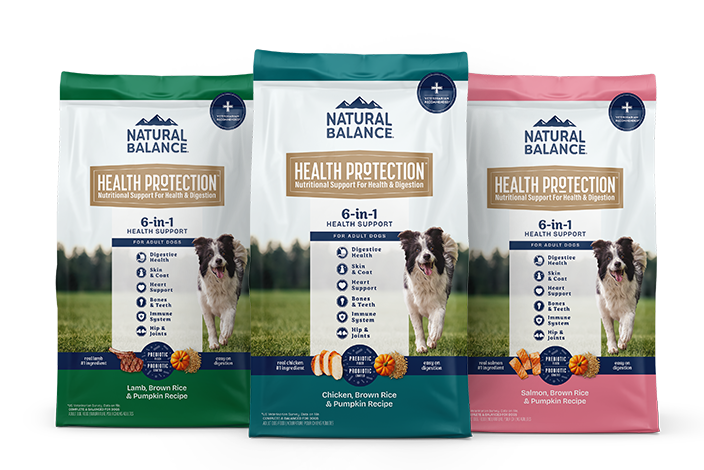Empower Your Wellness Journey
Discover tips and insights for a healthier lifestyle.
Feeding Fido: What’s Really in Your Pet's Bowl?
Discover the shocking truth about what's really in your pet's bowl! Uncover hidden ingredients and keep Fido healthy and happy!
The Hidden Ingredients in Your Dog's Food: What You Need to Know
When it comes to choosing the right food for your canine companion, it's essential to look beyond the packaging and marketing claims. The hidden ingredients in your dog's food can significantly impact their health and wellbeing. Many commercial dog foods contain artificial flavors, preservatives, and fillers that may not only lack nutritional value but could also lead to long-term health issues. Understanding dog food labels is crucial in identifying these ingredients, as they can often be masked under generic terms like 'meat by-products' or 'animal fat.' By educating yourself, you can make informed decisions about what goes into your pet's bowl.
Another important aspect to consider is the presence of potential allergens in your dog's food. Many dogs suffer from food sensitivities or allergies, primarily due to common ingredients like wheat, corn, or soy. To avoid these issues, consider opting for grain-free or limited ingredient diets. Additionally, be wary of preservatives such as BHA, BHT, and ethoxyquin, which are used to extend shelf life but may pose health risks. For a deeper dive into this topic, consult resources like ASPCA's dog nutrition guide to ensure you're selecting the best food for your furry friend.

Is Your Dog's Kibble Healthy? A Deep Dive into Common Dog Food Ingredients
When it comes to your dog's health, the quality of their food plays a crucial role. Understanding whether your dog's kibble is healthy requires a closer examination of its ingredients. Common components of kibble include proteins, carbohydrates, fats, vitamins, and minerals. It’s vital to ensure that the protein sources are of high quality, such as real meat, rather than meat by-products. Furthermore, look for wholesome grains or grain-free alternatives like sweet potatoes and peas. Some fillers, such as corn and soy, can lead to nutritional deficiencies and should be avoided whenever possible.
Beyond the protein sources, the presence of additives and preservatives is another aspect to consider. While some preservatives are natural and safe, others can be harmful over time. Ingredients like BHA, BHT, and ethoxyquin have raised concerns among pet owners and veterinarians alike. Additionally, highly processed kibble may contain artificial colors and flavors that serve no nutritional purpose. By familiarizing yourself with these aspects, you can make an informed decision on whether your dog's kibble meets their dietary needs.
Feeding Fido: How to Choose the Right Food for Your Furry Friend
Choosing the right food for your dog is crucial for their health and well-being. With so many options available, it can be overwhelming to make the right choice. Start by considering your dog's age, size, and activity level; these factors will influence their dietary needs. For example, puppies require a diet rich in protein and fat to support their growth, while senior dogs may benefit from lower-calorie options to maintain a healthy weight. Consult with your veterinarian to determine the best diet tailored to your dog's specific needs. Additionally, quality matters: look for brands that have undergone rigorous testing and have high-quality ingredients.
When selecting dog food, pay attention to the ingredient list. A good starting point is to look for foods that list a specific protein source as the first ingredient, such as chicken, beef, or fish. Avoid products that are high in fillers or artificial preservatives. You might also want to consider grain-free options if your dog has allergies or sensitivities, but consult your vet as this isn't necessary for every dog. Don’t forget about portion sizes and feeding instructions; following these can prevent obesity and other health issues. Regularly reassess your dog's food and adjust as they grow and their needs change.